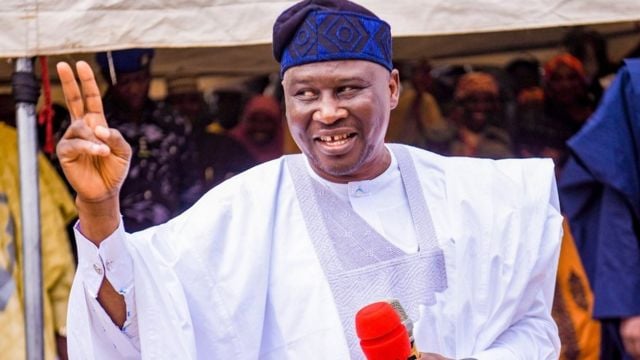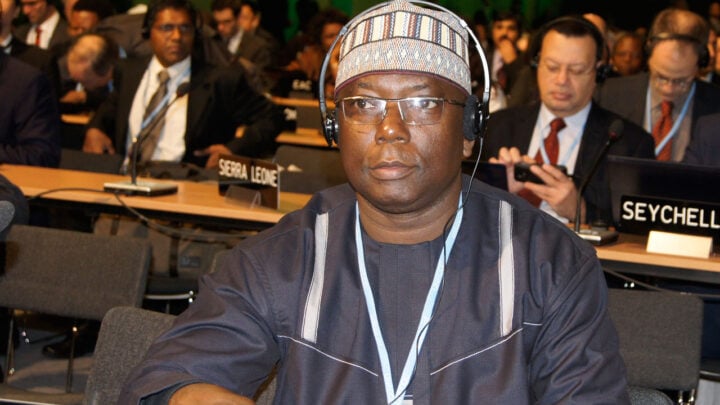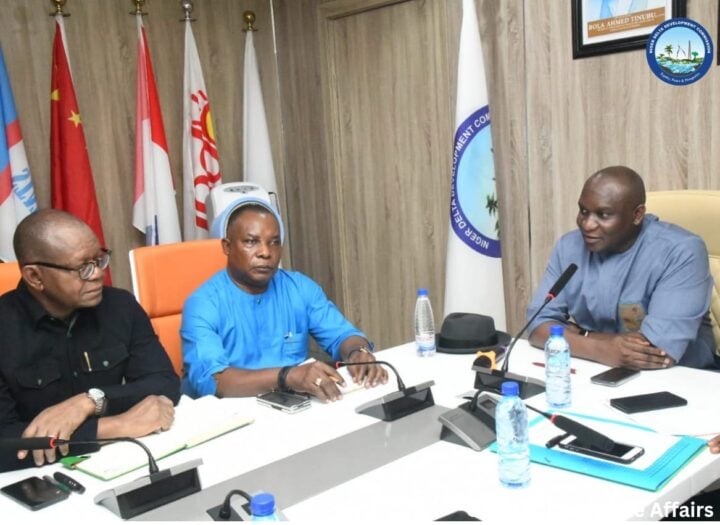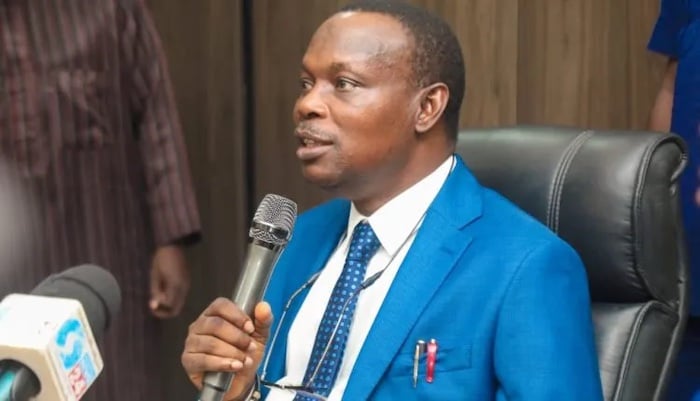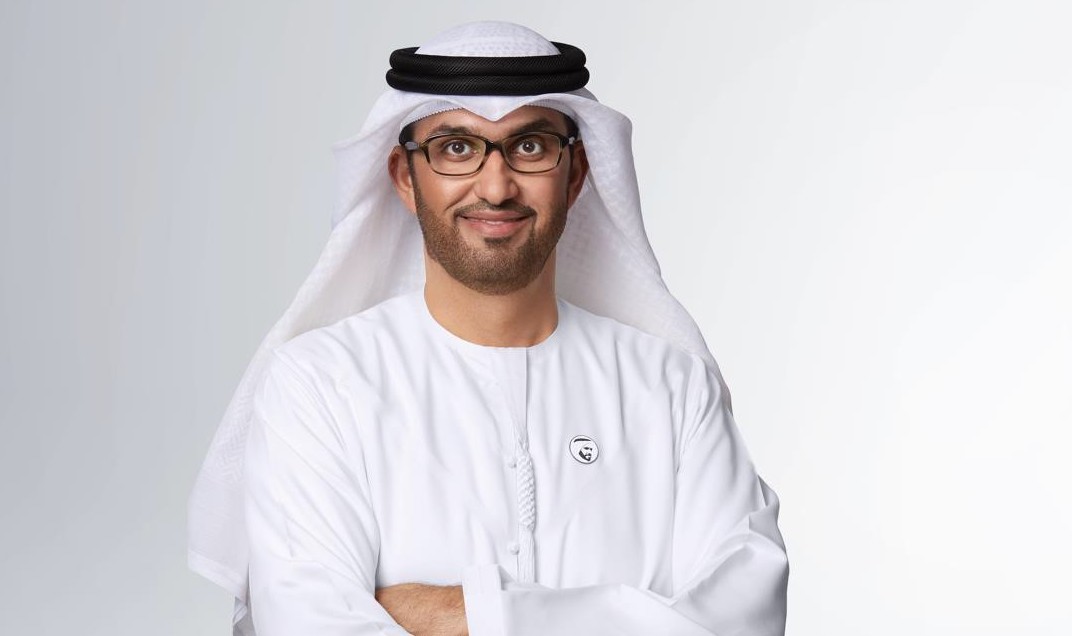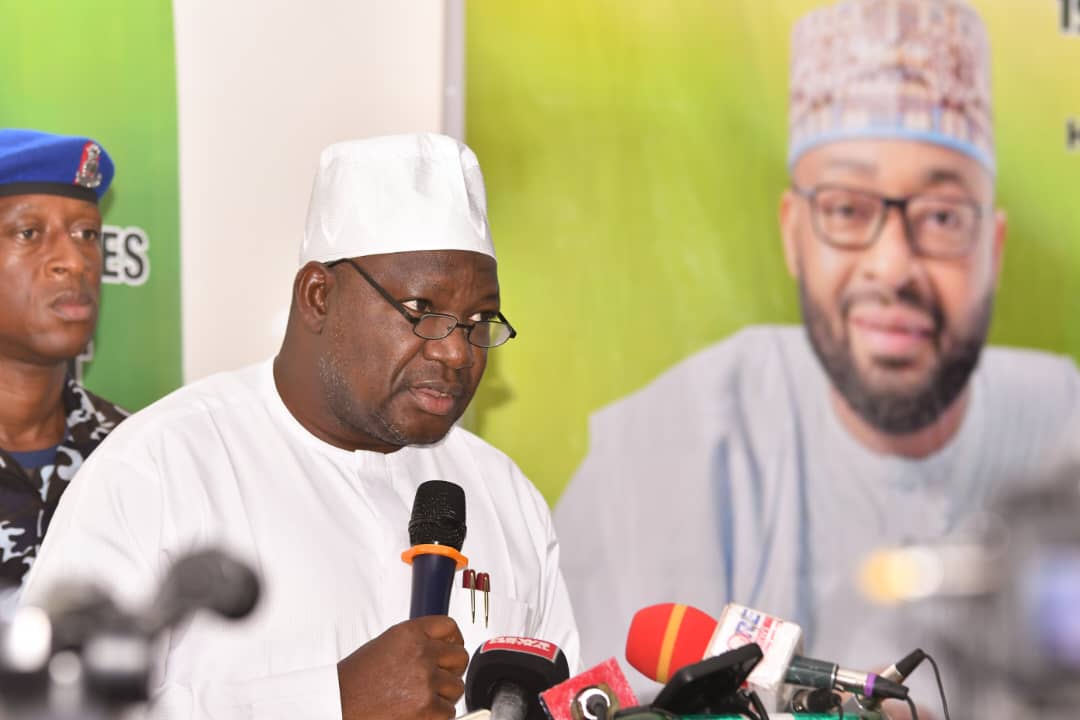Ahmadu Fintiri
Despite directly impacting our communities, health, and livelihood, climate-related reports usually take a back seat to dominant news beats like politics and business. Climate Watch aims to ensure you never miss important stories on climate change and actions being taken toward limiting its impacts.
Here is a round-up of last week’s climate stories:
- The Adamawa government, on October 13, began a two-day sensitisation workshop on climate change for 250 traditional rulers in the state. Ibrahim Chinda, the state’s project coordinator for agro-climatic resilience in semi-arid landscapes project (ACReSAL), said the government attaches “great importance” to environmental issues. Mohammed Sadeeq, the commissioner for environment, said ACReSAL’s mission is to address environmental challenges arising from climate change and poor land use practices in northern Nigeria. The commissioner said the goal of the project is to have standard practices and policies on ecological restoration as well as climate change-resilient communities.
- Also, Aishat Barde, Taraba state commissioner for environment, on October 13, led a “climate change road march” in Jalingo, the state capital. The march was aimed at sensitising residents on climate change and adopting sustainable practices that will help mitigate its impacts on the environment. Aminu Abdullahi Alkali, the state’s deputy governor, said there is a need to adopt the use of green technology and implement strict environmental regulations.
- Oladele Alake, the minister of solid minerals development, on October 9, said the federal government’s diversification from hydrocarbons to making the minerals sector a major contributor to Nigeria’s gross domestic product (GDP) is a contribution to climate change. The minister said Nigeria has been operating a mono-cultural economy for long, adding that the shift to solid minerals is overdue. Alake said the ministry is committed to making the required policies to ensure that its regulatory framework is more conducive for local and foreign investors. Read more here.
- President Bola Tinubu, on October 10, set up a committee to come up with an immediate plan of action to mitigate the impact of flooding on Nigerians. Tinubu appointed Yahaya Bello, governor of Kogi, as chairman of the committee and Akon Eyakenyi, deputy governor of Akwa Ibom state, as the vice-chairman. The committee is tasked with producing a flood prevention roadmap by harmonising the recent national economic council (NEC) report on flood, the 2022 national flood emergency preparedness and response plan, as well as other national reports on flood. Find out more here.
- A report by Save the Children, an international non-governmental organisation, said the number of girls at extreme risk of climate change and child marriage would increase by 33 percent (to nearly 40 million) by 2050. The report found that around two-thirds of child marriages happened in regions highly vulnerable to climate risks. An estimated 29.9 million adolescent girls are said to currently live in the top 10 countries — all in sub-Saharan Africa — where a girl will most likely be married as a child and experience life-changing climate disasters. The figure is projected to increase to 39.9 million by 2050, given that the hotspot countries have some of the youngest and fastest-growing populations. Find out more here.
- Ecocykle Development Foundation, a non-governmental organisation, on October 11, launched a card game to create awareness around climate change. Aliyu Sadiq, founder of Ecocykle, said the card game aims to bridge the environmental education gap towards promoting the achievement of a sustainable future. He said the game seeks to increase environmental awareness and increase youth participation in climate action. Read more here.
- The federal government, on October 11, said it would partially commercialise the dams under the 12 river basins in the country as a way of generating revenue. Joseph Utsev, the minister of water resources and sanitation, said there is huge infrastructure available at the basins, adding that the commercialisation would guarantee a return on investments for the federal government. The minister said the government would partner with farmers “to tap water from the dam” and enhance food production in the country. Utsev said the dam would be reconstructed mainly for the purpose of flood control, irrigation, and energy generation. Read more here.
Add a comment
